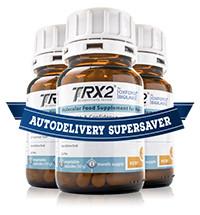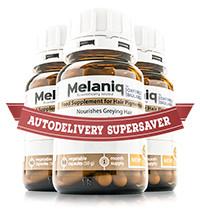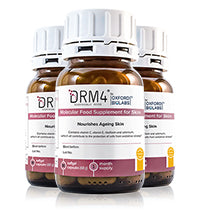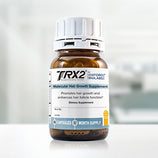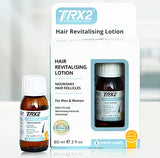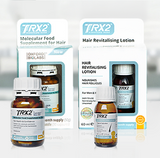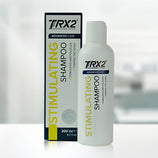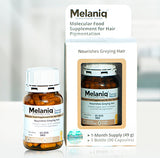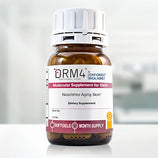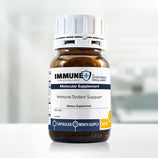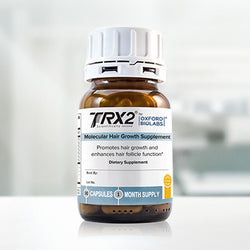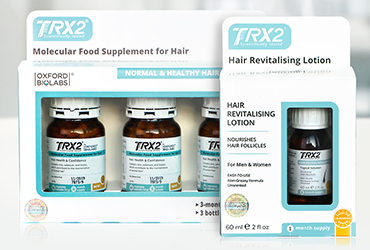The immune system is an efficient integrated network made of specific proteinaceous elements, such as antibodies or a variety of immune cells. The system protects an organism from the external threat posed by all forms of pathogens. The proper functioning of the immune system is a prerequisite for keeping a great variety of disorders at bay.
The best way to improve your immunity would be:
- healthy lifestyle (staying fit)
- varied and a healthy diet (healthy meals at least 3 times per day)
- ensure to take sufficient intake of vitamins and minerals
- enough sleep (about 8 hours for an adult)
- avoid stress (try to stay positive)
An ever-growing number of the world’s population lives in large densely populated big cities, where the pollution level is high. In parallel, the incidence rates of allergies and asthma are increasing. These conditions are undermining general immunity. An insufficient supply of vitamins and minerals poses an additional strain on the human immune system, especially during epidemics. The novel coronavirus pandemic has put a spotlight on the important role of nutrition in supporting the immune system.
If you're not in the habit of eating a variety of fruits, vegetables and lean sources of protein, now is a good time to start.
Nutrition is a good place to start if you’re looking to support your immune system. If you’re staying at home as most countries' governments recommend right now, you have much more time to prepare a healthy meal. Forget about junk food and try to cook a healthy meal. There are many renowned chefs around the world who share their tips and tricks with the help of social media. Eating more meals at home is a new routine for many families, so let us lower stress levels by making mealtimes fun.
Scientists see a correlation between nutrition and how the immune system develops. Every vitamin and mineral is important, as changes in one component affect the others. Poor nutrition can compromise immune function and increase the risk of infection. Various micronutrients are essential for immunocompetence, particularly vitamins A, C, D, E, B2, B6, and B12, folic acid, iron, selenium, and zinc. However, diet alone may be insufficient requiring tailored micronutrient supplementation based on specific age-related needs.
At the end of the day - We Are What We Eat. So, stay positive, reinvent yourself as a chef and support your immune system.
We at Oxford Biolabs would like to give our support to help you and your families through this uncertain time. We have developed a new immune-supporting supplement IMMUNE+ by Oxford Biolabs, and pre-sale has already started.
Over the centuries, European black elderberry has been used to treat flu, colds, fever and burns and now it is used to make medicine and supplements. That is why we used black elderberry extract as the basis of the Molecular Food Supplement IMMUNE+, a formulation that can maximize your immune system's effectiveness. Flavonoids in the fruits of elderberry trees have antiviral, anti-inflammatory and antioxidant properties. Elderberry extracts stimulate the production of white blood cells (T-helper cells, macrophages) which increase overall immune defence.
One more important ingredient is β-glucan from baker’s yeast. Oats are one food that has been studied because its components have potential health effects. It has been known since the nineteenth century that oats are good for your body. It has been established that the positive effects of β-glucan include a number of important health parameters such as lowering cholesterol and blood sugar levels.
The trace element zinc (Zn) which is also one of the ingredients of IMMUNE+, plays a central role in the development, differentiation and growth of many types of tissue in the human body. Zinc is known as the gatekeeper of immune function. Zinc ions are involved in regulating intracellular signalling pathways in innate and adaptive immune cells.

Sources: https://www.ncbi.nlm.nih.gov/pubmed/30336639
